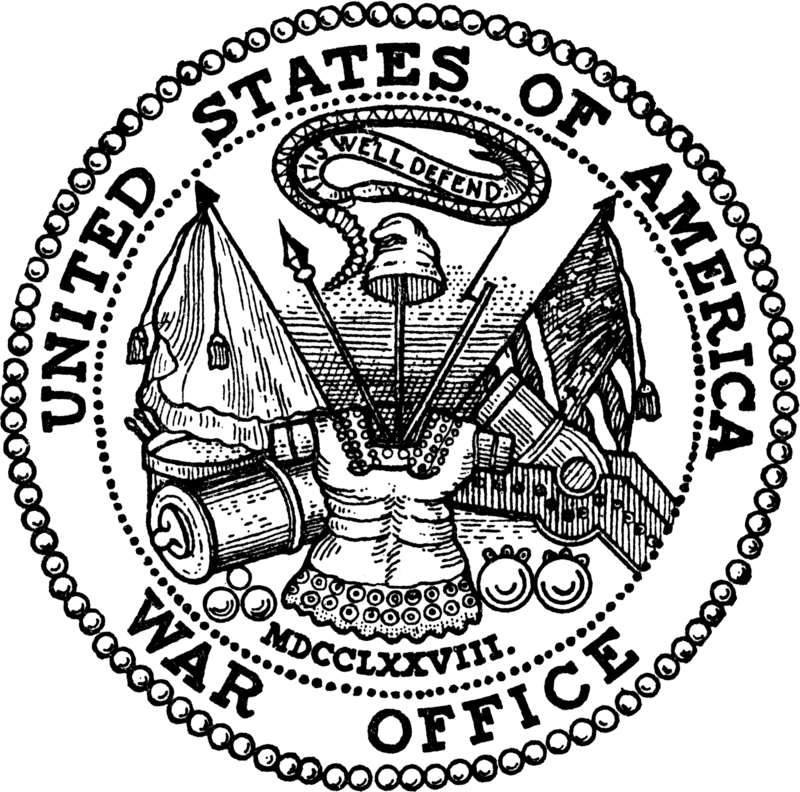DFARS 252.204-7012
Under DFARS 252.204-7012, DIB contractors and their subcontractors are expected to comply with 110 NIST (SP) 800-171 ‘Safeguarding Covered Defense Information and Cyber Incident Reporting’ practices. NIST SP 800-171 practices are required to be applied across all Covered Contractor Information Systems. Covered Defence Information, that is created, stored and transmitted from Covered Contractor Information systems.
Covered Contractor Information Systems: Are defined as unclassified information system that are owned, or operated by or for, a contractor and that process, store, or transmits covered defense information.
Covered Defense Information: Is defined as unclassified controlled technical information or other information, as described in the Controlled Unclassified Information (CUI) Registry at http://www.archives.gov/cui/registry/category-list.html, that requires safeguarding or dissemination controls pursuant to and consistent with law, regulations, and Governmentwide policies,
Technical information: Means technical data or computer software, as those terms are defined in the clause at DFARS 252.227-7013, Rights in Technical Data—Other Than Commercial Products and Commercial Services, regardless of whether or not the clause is incorporated in this solicitation or contract. Examples of technical information include research and engineering data, engineering drawings, and associated lists, specifications, standards, process sheets, manuals, technical reports, technical orders, catalog-item identifications, data sets, studies and analyses, and related information, and computer software executable code and source code.
Adequate security: Contractors shall provide adequate security on all covered contractor information systems. To provide adequate security for information systems that are NOT operated on behalf of the government, the contractor shall implement, at a minimum, NIST SP 800-171, as soon as practical, but not later than December 31, 2017.
Cyber Incidents: When the Contractor discovers a cyber incident that affects a covered contractor information system or the covered defense information residing therein, or that affects the contractor’s ability to perform the requirements of the contract that are designated as operationally critical support and identified in the contract, the Contractor shall, if covered defence information has been compromised, or provide operational critical support Rapidly report cyber incidents to DoD at https://dibnet.dod.mil.
Flow Down: The Contractor shall include the DFARS 252.204-7012 clause in subcontracts, or similar contractual instruments, for operationally critical support, or for which subcontract performance will involve covered defense information, including subcontracts for commercial products or commercial services, without alteration, except to identify the parties.






